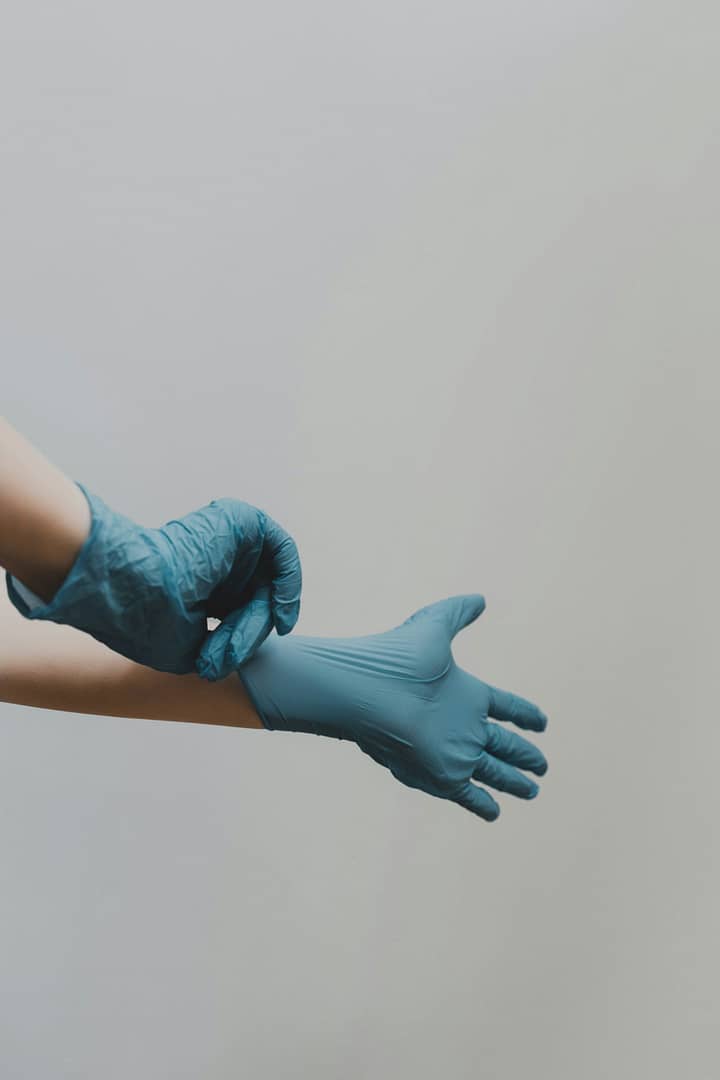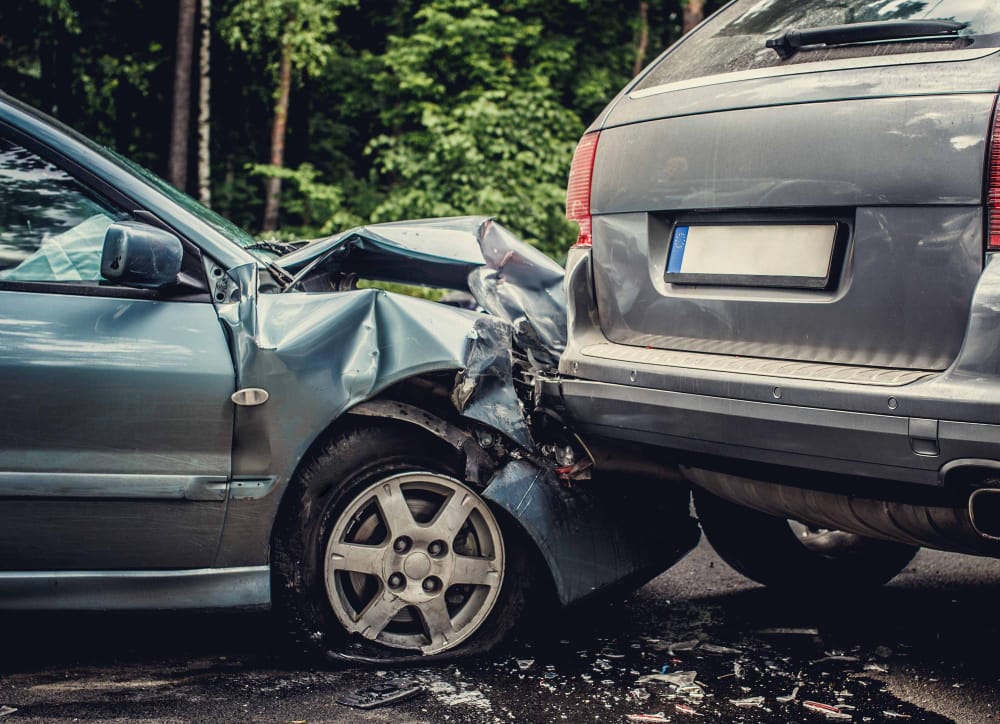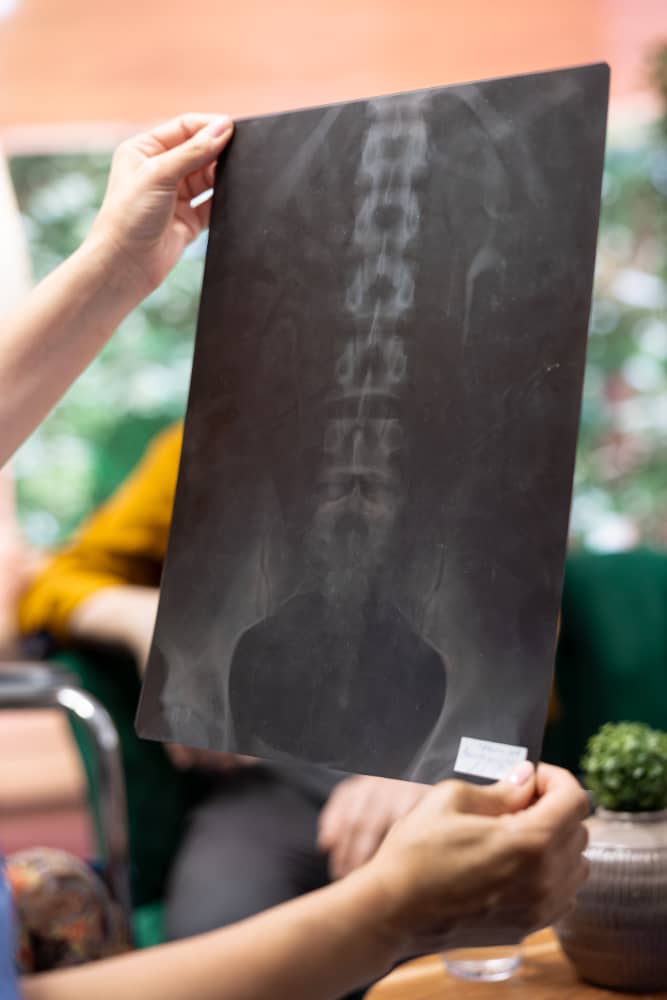What are the NICE guidelines for clinical negligence? In the complex world of healthcare, understanding the parameters that guide clinical practices and responsibilities is crucial. The National Institute for Health and Care Excellence (NICE) in the UK plays a pivotal role in setting these guidelines, providing a framework for healthcare professionals to ensure the highest standards of care. Let’s delve into the NICE guidelines, shedding light on their significance and how they navigate the intricate landscape of clinical negligence.
Navigating the Terrain of NICE Clinical Guidelines
The NICE guidelines are akin to a compass for healthcare professionals, directing them on the best course of action in various medical scenarios. These guidelines are evidence-based, meaning they rely on the most current and reliable research to inform clinical decisions. NICE considers a multitude of factors, including patient safety, efficacy of treatments, and cost-effectiveness when formulating these guidelines.
Unravelling the Layers of Clinical Negligence
Clinical negligence, a term often used interchangeably with medical malpractice, occurs when healthcare professionals deviate from the standard of care, resulting in harm to the patient. NICE guidelines play a crucial role in establishing what constitutes this standard, providing a benchmark for healthcare practitioners to adhere to in their daily practice.
As we navigate the world of clinical negligence, it’s essential to understand that these guidelines not only define the expected standard of care but also emphasise preventive measures. By outlining best practices, NICE aims to mitigate the occurrence of negligence, fostering a culture of accountability and patient safety.
What Falls Under the Umbrella of Clinical Negligence?
Clinical negligence encompasses a wide array of scenarios, from surgical errors to misdiagnoses. However, it’s important to note that not every medical mistake qualifies as negligence. The crux lies in whether the healthcare professional breached the standard of care expected in their field.
The Role of Evidence in Establishing Clinical Negligence
Evidence is the linchpin when it comes to establishing clinical negligence. The NICE guidelines, being evidence-based themselves, emphasise the importance of a robust evidentiary foundation in identifying negligence. This evidence can take various forms, including medical records, expert testimonies, and scientific literature.
In the realm of clinical negligence, the burden of proof rests on the plaintiff, the individual who claims to be a victim of malpractice. This underscores the importance of a meticulous documentation of events and clear presentation of evidence to substantiate the case.
NICE Guidelines: A Beacon in the Legal Landscape
In clinical negligence cases, NICE guidelines illuminate the legal landscape. Courts use them to evaluate healthcare providers’ adherence to standards. Integrating NICE guidelines in legal proceedings fosters a symbiotic relationship between medical and legal realms, ensuring thorough evaluation of negligence cases.
Navigating the Legal Maze with NICE Guidelines
When a case enters the legal arena, the adherence to NICE guidelines becomes pivotal. Legal professionals, including solicitors and barristers, rely on these guidelines to evaluate the merit of a clinical negligence claim. The guidelines provide a benchmark against which the actions of healthcare professionals are measured, facilitating a nuanced understanding of whether negligence occurred.
Stepping into the courtroom, NICE guidelines transform from a rulebook into a persuasive story. They guide the judge and jury through the complexities of medical care, painting a picture of best practices. When a case aligns with these guidelines, it gains significant weight, highlighting the importance for healthcare professionals to stay current with the latest NICE recommendations.
Receive a Call About Your Claim
The Human Element in NICE Guidelines
Amidst the technicalities of guidelines and legal frameworks, it’s crucial to recognize the human element. Healthcare professionals are not infallible, and the NICE guidelines acknowledge this reality. They provide a roadmap for improvement, emphasising a continuous learning culture within the medical community.

Learning from Errors and Enhancing Patient Safety
NICE guidelines do not merely focus on punitive measures; they are designed to foster a culture of learning from errors. By acknowledging mistakes and understanding the contributing factors, healthcare professionals can enhance patient safety and prevent the recurrence of similar incidents.
The guidelines encourage open communication and transparency, creating an environment where healthcare providers can learn from each other’s experiences. This collective learning approach not only benefits individual practitioners but also contributes to the evolution of medical practices on a broader scale.
Making a Clinical Negligence Claim with National Claims
What are the NICE guidelines for clinical negligence? At National Claims, we understand the importance of navigating the complexities surrounding clinical negligence. We recognize that individuals who believe they have been victims of medical malpractice often face not only physical and emotional challenges but also the daunting prospect of pursuing a legal remedy. Let’s explore the process of making a clinical negligence claim with National Claims, aligning our approach with the principles outlined in the NICE guidelines.
Understanding the NICE Guidelines in Claim Assessment
Knowing you might have a medical negligence case can be overwhelming. At National Claims, we understand. That’s why our first step is a thorough review of your claim, guided by NICE guidelines. These guidelines serve as a roadmap to assess if the medical care you received fell below acceptable standards. This initial evaluation is vital – it helps us determine if you have a strong case and sets the groundwork for a successful journey towards getting the compensation you deserve.
Collaboration with Medical Experts
To ensure a thorough and accurate assessment, National Claims collaborates with experienced medical experts. These professionals, well-versed in the NICE guidelines, play a pivotal role in providing insights into whether clinical negligence has occurred. Their expertise adds a layer of precision to our claim assessments, aligning our processes with the evidence-based approach advocated by NICE.
The National Claims Perspective on Legal Proceedings
While navigating clinical negligence claims presents complexities, National Claims cuts through the confusion. We recognize that adhering to NICE guidelines isn’t merely legal, it’s upholding patient safety. Our team will connect you with solicitors from our panel who will assist you with your case.
Conclusion
In clinical negligence, National Claims bridges individuals seeking justice with NICE guidelines. We’re committed to evidence-based assessments, collaboration with experts, and legal standards for comprehensive and ethical claims handling.
At National Claims, we value NICE guidelines as a compass for justice. We’re dedicated to upholding these standards in navigating clinical negligence claims, ensuring each claim receives diligent and integrity-driven assessment and pursuit.
Contact us today to get a start on your claim with the help of one of our claims agents.
Click below to see why we are one of the most trusted claims management companies in the UK.

We’re proud of our excellent customer reviews
We thrive on delivering exceptional service and ensuring our clients’ satisfaction. Don’t just take our word for it. Check out some of our independent reviews to see what our clients have to say.
Excellent

This firm is excellent, they sorted out my car pay out and injury claim very fast, they always communicate with you all the time.

My accident case was dealt with confidence and with great result of the outcome, especially James kept me informed all the time.

I was very impressed at the way my inquiry was treated. I was listened to attentively and everything I needed to know was explained to me.






